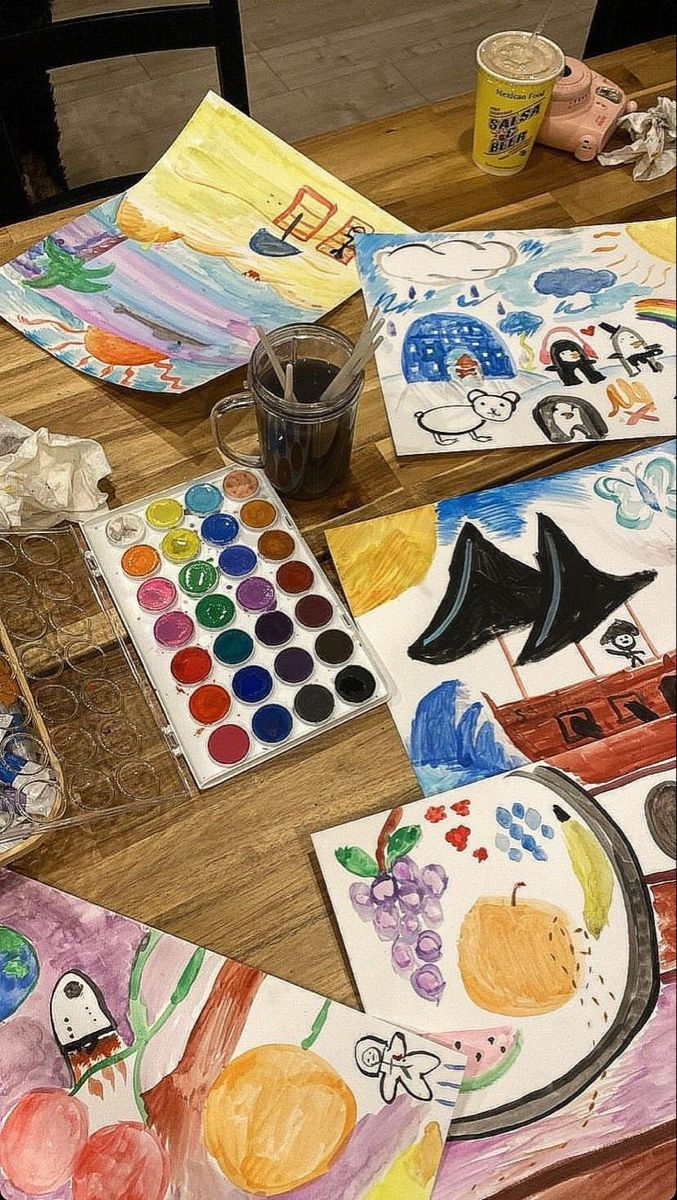Five Engaging Activities to Enhance Children's Development Through Play
- Kiddobee Kiddobee
- Aug 7, 2025
- 3 min read
Play plays a crucial role in a child's growth. It is not just about having fun; it is also about building skills they will use throughout their lives. Engaging in various activities can help children improve problem-solving abilities, boost creativity, and enhance social interactions. In this post, we will dive into five engaging activities that can promote children's development through play.
1. Building Blocks
Building blocks have remained popular for many generations. They spark creativity and spatial awareness as children stack, balance, and create various structures.
For example, a simple session with blocks can turn into a lesson on gravity and balance. As children explore how to prevent their structures from toppling over, they strengthen their fine motor skills and hand-eye coordination.
Encouraging kids to describe their creations can also help them practice language skills. A report found that children who engage in block play showed a 30% improvement in vocabulary over a six-month period.

2. Nature Scavenger Hunt
A nature scavenger hunt turns a simple outdoor walk into an exciting adventure. This activity encourages children to observe their surroundings and connect with nature.
By creating a list of items—like specific leaves, rocks, or flowers—children can develop observational skills. A study showed that children participating in outdoor activities have 15% higher mood levels than those who spend more time indoors.
This activity is also great for teamwork. If kids hunt in groups, they must communicate and work together to find everything on their list.

3. Role-Playing Games
Role-playing games offer kids a chance to explore different characters and scenarios, fueling their imagination.
When kids pretend to be doctors, teachers, or superheroes, they learn how to express thoughts and understand various perspectives. For instance, one study found that children who regularly engage in role play demonstrate a 40% improvement in empathy compared to peers who do not.
This type of play also enhances social skills as kids negotiate roles, share ideas, and work together on stories. Parents can add to the fun by providing costumes or props, making the experience even more immersive.
4. Puzzle Solving
Puzzles are perfect for developing critical thinking and problem-solving skills. Children need to think logically and strategically as they fit pieces together.
Working on puzzles can also improve concentration and patience. For example, a child working on a puzzle featuring their favorite animals may spend 20% more time trying to find the right pieces, showing persistence.
To make puzzles even more interesting, choose themes that resonate with the child's interests, whether that’s animals, vehicles, or their favorite movie characters. Through puzzles, kids can practice counting, shape recognition, and color identification, making it a well-rounded activity.
5. Arts and Crafts
Arts and crafts are ideal for encouraging creative expression while developing fine motor skills.
From painting and drawing to cutting and gluing, children can experiment with various materials and techniques. Creative projects help kids make choices about colors, shapes, and sizes, enhancing their decision-making skills.
Arts and crafts can also be calming. Many parents have observed that their children spend up to 30% of their time in arts and crafts projects focused and relaxed, reducing stress levels. Parents can join in by providing guidance or simply enjoying the process together, which can strengthen family bonds.
Emphasizing the Importance of Play
Incorporating play into a child's routine is vital for their development. The activities highlighted in this post—building blocks, nature scavenger hunts, role-playing games, puzzle solving, and arts and crafts—are not only fun but also instrumental in skill-building.
By integrating these activities into everyday life, parents and caregivers can support their child's growth while making cherished memories. Remember, the most important part of these activities is to have fun and spend quality time together!



Comments